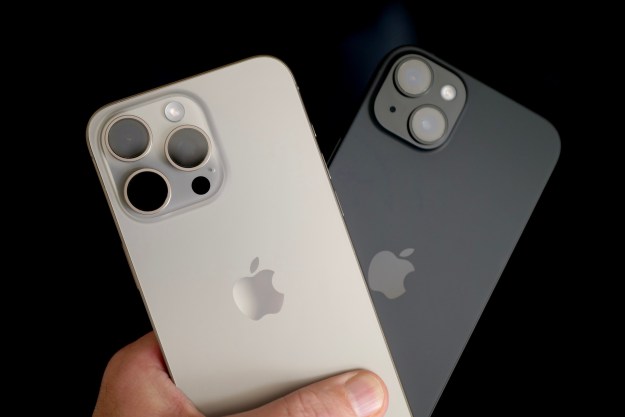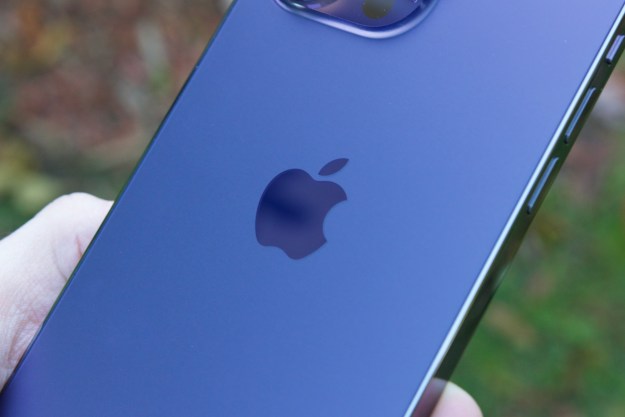Apple has been a leader in technology revenues and profits for so long, it began to seem like the company would never show any signs of financial weakness. That has been changing lately, however, as the smartphone market has started to slow down.
First, we saw Apple CEO Tim Cook get a pay cut due to the company missing its annual sales targets by just over three percent. Now, we see that Apple’s negative financial performance runs downhill as well, with one of its most important suppliers, Foxconn Technology Group, also suffering a drop in sales, ZDNet reports.
Apple’s Cook received 89.5 percent of his 2016 compensation for 2016 due to Apple sales coming in at $215.6 billion instead of the expected $223.68 billion target and operating income falling short of the company’s goal of $60.3 billion. Foxconn’s results were similar, with that company’s revenues of $136.38 billion falling short of 2015’s results by 2.81 percent.
That should come as no surprise, as Apple makes up half of the sales of Hon Hai Precision Industry, which owns Foxconn. A saturated smartphone market is likely the cause of the drop in revenues, a position that is supported by a 27 percent drop in December revenues experienced by competitor and Apple supplier Pegatron.
Things could be looking up, however, given the popularity of Apple’s iPhone 7 Plus, with Foxconn’s own December sales increasing by 9.76 percent compared to the previous year. Of course, Apple will have a significant challenge maintaining those sales levels given that iPhone sales for 2016 were 207 million iPhones, a drop from the 236 million unit sold in 2015.
The introduction of the iPhone 8, which could be dramatically different from the much more incremental update represented by the iPhone 7, could further spur Apple revenues and return the company to an industry leader. For now, though, Apple has some work to do if it wants to remain as dominant as it has been in the past.
Editors' Recommendations
- Why you should buy the iPhone 15 Pro instead of the iPhone 15 Pro Max
- 3 reasons why I’ll actually use Anker’s new iPhone power bank
- There’s a big problem with the iPhone’s Photos app
- This one thing could make iOS 18 the best iPhone update in years
- When will Apple release iOS 18? Here’s what we know


